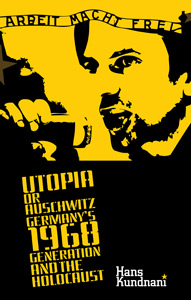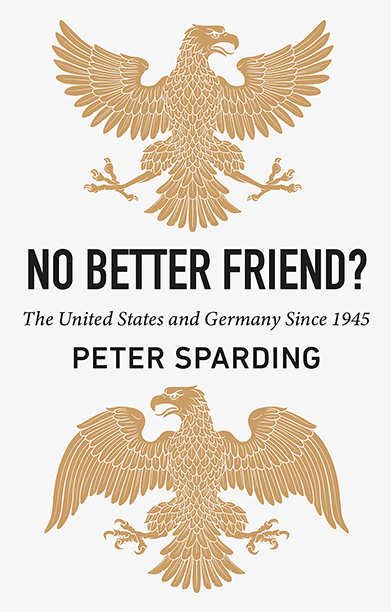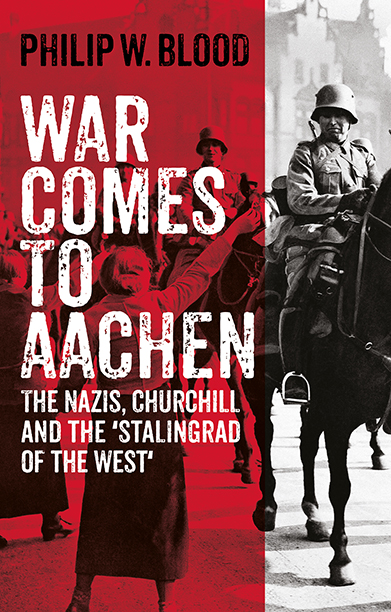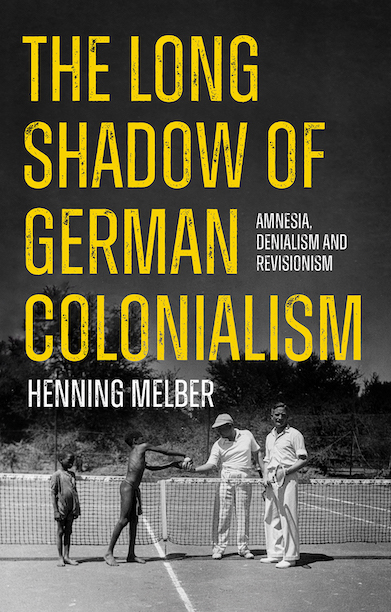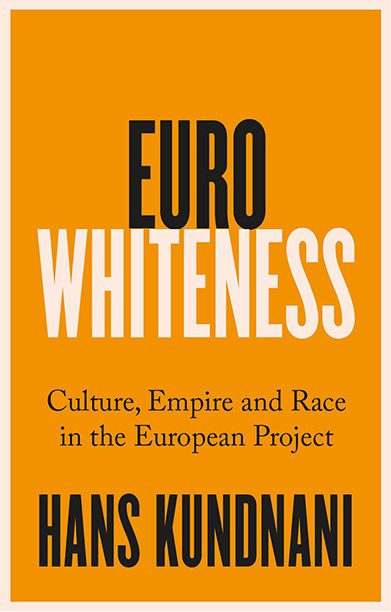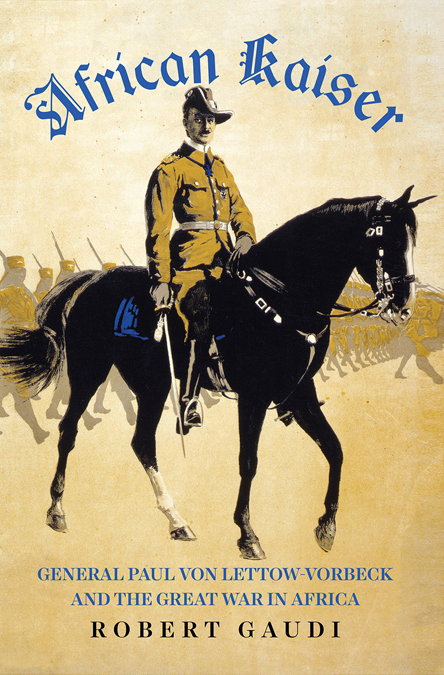Utopia or Auschwitz
Germany's 1968 Generation and the Holocaust
Part of the Crises in World Politics seriesDescription
One thing above all separated the radical students who demonstrated on the streets of West Berlin and Frankfurt in 1968 from their counterparts elsewhere around the world. The young Germans who became known as the 1968 generation or the Achtundsechziger had grown up knowing that their parents were responsible for Nazism and in particular for the Holocaust, whether directly or indirectly. Germany’s 1968 generation did not merely dream of a better world as some of their contemporaries in other countries did; they felt compelled to act to save Germany from itself. It was an all-or-nothing choice: Utopia or Auschwitz.
However, although many in the West German student movement imagined their struggle against capitalism as a kind of ex post facto resistance against Nazism, they also had a tendency to relativise the Holocaust. Others, meanwhile, wanted to draw a line under the Nazi past. In fact, despite the anti-fascist rhetoric of the Achtundsechziger, there were also nationalist and anti-Semitic currents in the West German New Left that grew out of the student movement. In short, the 1968 generation had a deeply ambivalent relationship with the Nazi past.
Utopia or Auschwitz explores these contradictory currents as it traces the political journey of Germany’s 1968 generation, via the left-wing terrorism of the seventies and the Social Democrats and Greens in the eighties, to political power in the nineties in the form of the first ever ‘red-green’ government in Germany. It examines the ‘red-green’ government’s foreign policy, in particular its response to the Kosovo, Afghanistan and Iraq crises, which reflected the 1968 generation’s ambivalent relationship with the Nazi past.
Reviews
‘An excellent study of the hold that Germany’s Nazi past retains on the moral imagination of leading politicians like Joschka Fischer.’ — The Wall Street Journal
‘The best political book I read in 2013. Detached, thorough and well written, Utopia or Auschwitz is a history of a left-wing generation that learned – or ought to have learned – that all alternatives to the slow and frustrating procedures of democracy are worse.’ — Nick Cohen, The Spectator
‘A cool and clear outsider’s look at the dreams and trauma of Germany’s first postwar generation.’ — Stefan Aust, author of The Baader-Meinhof Complex
‘Utopia or Auschwitz is an enlightening read for anyone interested not just in left-wing extremism, but in European politics more generally. Kundnani … combines a broad historical sweep with a journalist’s eye for a human story. If last year’s film ‘The Baader Meinhof Complex’ was accused of glamorising the radicals, then this book does something far more daring: it takes their ideas seriously.’ –– The Observer
‘Hans Kundnani’s superb chronicle of mainly West German politics over the past 50 years shows the country’s remarkable transformation since the war – from a land of Hitlermenschen to that of model Europeans … You may find it galling, but there is a story here, not told before, about a straightened-out social left that might also triumph elsewhere. Kundnani tells this tale lucidly’ –– New Statesman
‘The remarkable strength of this book concerns its compact and detailed history of Germany’s 1968 generation. The book fulfils the typical functions of a felicitous introduction to a complex issue: compact, well-informed and exceedingly readable.’ — Critical Studies on Terrorism
‘Utopia or Auschwitz is a timely publication. The success of The Baader Meinhof Complex film, together with a broader resurgence of interest in Left-wing radical groupings of the Sixties and Seventies, has created an appetite for such exemplary syntheses of high-end political journalism and academic scholarship. It’s a narrative that, given the comparative sturdiness of the German economy in the face of global recession, Kundnani might easily have portrayed in triumphalist terms. Instead, he points out that Joschka Fischer, photographed attacking a policeman in Frankfurt in 1974, has recently been inveighing against the state of emergency created by a new terror movement: radical Islam’ — The Telegraph
‘A lucid and fascinating exposition of the intellectual history of the 1968 generation of the German left, a book that shows, contrary to Engels’ assertion, that ideas can have primacy, and that—in certain circumstances—an ounce of theory can move a ton of action.’ — Prospect
‘One could hardly hope for a better guide than Hans Kundnani, an independent journalist based in London whose excellent book reconstructs the political agonies of the German Left from the sixties to the present day. Unlike Uli Edel’s film [‘The Baader Meinhof Complex’] (which was inspired by Stefan Aust’s recent book of the same title), Kundnani does not indulge in dramaturgy, nor does he omit the worst parts. The detail is extraordinary, the tempo deliberate, the moral analysis unsparing. Kundnani wants us to see the idealism of the Achtundsechziger, the ‘68ers,’ but also their depravity.’ — The New Republic
Author(s)

Hans Kundnani is an associate fellow and former Europe programme director at Chatham House, and the author of Utopia or Auschwitz; The Paradox of German Power; and Eurowhiteness, all published by Hurst. Hans writes regularly for The Observer, The Guardian, The New Statesman and Foreign Affairs, among others.
